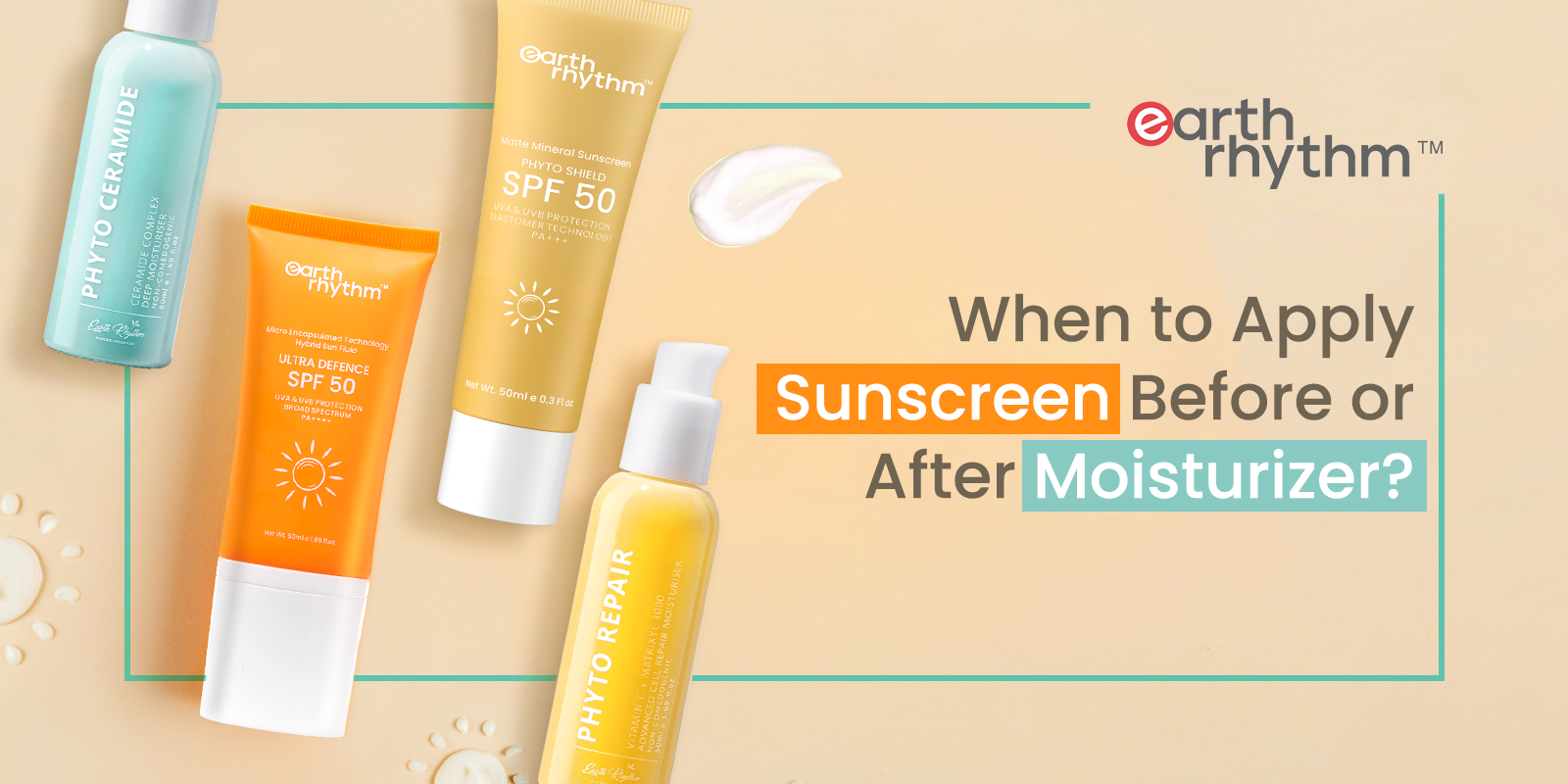
Using Sunscreen Before or After Moisturiser - Know Your Skincare
A skincare routine is a norm these days. The sun is in its glory days of the year, and the heat is getting unbearable. Although it is suggested that you avoid stepping out in this scorching heat, life cannot stop because of the sun. To avoid the effects of the sun, the ancient Egyptians used rice bran extracts, jasmine & lupine extracts because of their ability to absorb the sun’s rays. This led to the inevitable invention of sunscreen later in 1938. It was a Swiss chemistry student, Franz Greiter, who suffered from major sunburns on his climb to Mount Piz Buin and later went out to prevent this in the future by inventing the first version of the modern sunscreen.
Today we have a series of sunscreens for oily skin, dry skin, and other skin types. They have evolved a lot, and you find waterproof sunscreens and much superior protection than when it was first invented.
Sunscreen vs Moisturizer: What Should You Apply First?
Let’s cut to the chase and get the answer to the much-awaited question. What to use first? Sunscreen or moisturizer? We have already seconded the fact that you need a lot of moisturizer for dry skin and a comparatively lighter-based/water-based moisturizer.

There is a raging debate in the medical world about whether to apply a moisturizer or sunscreen first. A straight-up answer to this could not be agreed upon. However, there is an explanation to why this is the case:
- If moisturizer is applied under sunscreen, it will most likely create a barrier between the skin and the sunscreen, blocking the sunscreen from entering the skin and doing its job.
- Although if the moisturizer is applied over the sunscreen, it can interfere with the efficacy of the sunblock. Again, not something you’d want.
So the conclusion, though not very conclusive, came to be this.
- If you’re using a chemical-based sunscreen, apply it before the moisturizer, as it needs to penetrate your skin to be effective.
On the other hand
- If you’re using a physical/mineral sunscreen, it is suggested to use it after the moisturizer.
Applying Sunscreen: When & How to Do it?
The answer to when you should apply sunscreen is elementary. You use it every day. But what if it’s a cloudy day and there’s no sun? Well, you still need sun protection as up to 80% of the sun’s UV rays to reach the earth even on a cloudy day. Therefore, you must reapply sunscreen every 2 hours of exposure to the sun or immediately after you’ve gone out for a swim or have excessive sweating.
 The basic rule of applying sunscreen is to take up an ounce (a handful) of sunscreen and spread it across your body. For the face, a gentle massage with loads of it is deemed necessary, especially if you’re applying sunscreen on dry skin. Try using sunscreen with a higher SPF protection. It is suggested to use sunscreen with at least SPF 30 protection. Also, look for a sunscreen that protects from UVB & UVA rays. Most sunscreens provide protection only from the former.
The basic rule of applying sunscreen is to take up an ounce (a handful) of sunscreen and spread it across your body. For the face, a gentle massage with loads of it is deemed necessary, especially if you’re applying sunscreen on dry skin. Try using sunscreen with a higher SPF protection. It is suggested to use sunscreen with at least SPF 30 protection. Also, look for a sunscreen that protects from UVB & UVA rays. Most sunscreens provide protection only from the former.
Applying Moisturizer: When & How to Do it?
Picking a moisturizer is a difficult task. You like the viscosity of one, the smell of another, and the effect of a third one. Then comes your skin type, which shatters all that you like about a moisturizer and makes you pick according to your skin type (which is the right thing to do, duh). So let’s begin with why you need to moisturize your skin.
Your skin is extremely sensitive to environmental adversities. As a result, our skin, face, neck & ears are extremely prone to skin cancer. These are the areas where the skin sheds more often and are the most touched parts of our body, requiring regular moisturization. Moisturizing prevents multiple skin problems and makes sure that your skin is healthy and retains water.
Moisturizing for different skin types requires a different routine and a different type of moisturizer as well. While picking a moisturizer for oily skin, ensure it has a light base. Usually, a water-based moisturizer works best on oily skin. Use a moisturizer once a day, and you should be fine. For dry skin, moisturize regularly and use thick, oil-based lotions/moisturizers. Using a moisturizer more than once a day becomes more necessary if you have dry skin, especially during winter.
Thus, you can conclude that using a moisturizer for oily skin or any skin kind along with sunscreen is a little complex, and the order of their application is dependent on the type of moisturizer/sunscreen you’re using & your skin type.
To find the best sunscreens and moisturizers suitable for your skin type, head to Earth Rhythm and get what’s best for you.
Earth Rhythm Sunscreen Range For All Skin Types:
- Daily Defence Hybrid SPF 30 Sunscreen
- Ultra Defence SPF 50 Hybrid Sunscreen
- Phyto Shield SPF 50 Matte Mineral Sunscreen
- Aqua Surge SPF 60 Sunscreen Stick
- Glow Surge SPF 50 Sunscreen Stick
- Hybrid Sunstick SPF 50 Sunscreen Stick
- Invisible Sunstick SPF 60
- Invisible Sunserum SPF 50 Sunscreen Serum
- Mineral Sunserum SPF 50 Sunscreen Serum
YOU MAY ALSO LIKE
ULTRA DEFENCE HYBRID SUNSCREEN FLUID - SPF 50 50ml
Lightweight Invisible SPF 50 ProtectionLIP & CHEEK TINT - 5ml
100% Natural Pigments with 10-Hour StaySHAMPOO BAR WITH SHIKAKAI, REETA, AMLA & CURRY LEAF - 80g
Reduces oiliness & delays premature greyingMURUMURU BUTTER SHAMPOO BAR - 80g
Frizz-Free, Defined Curls with Deep MoistureShop By Concern
Related Blogs
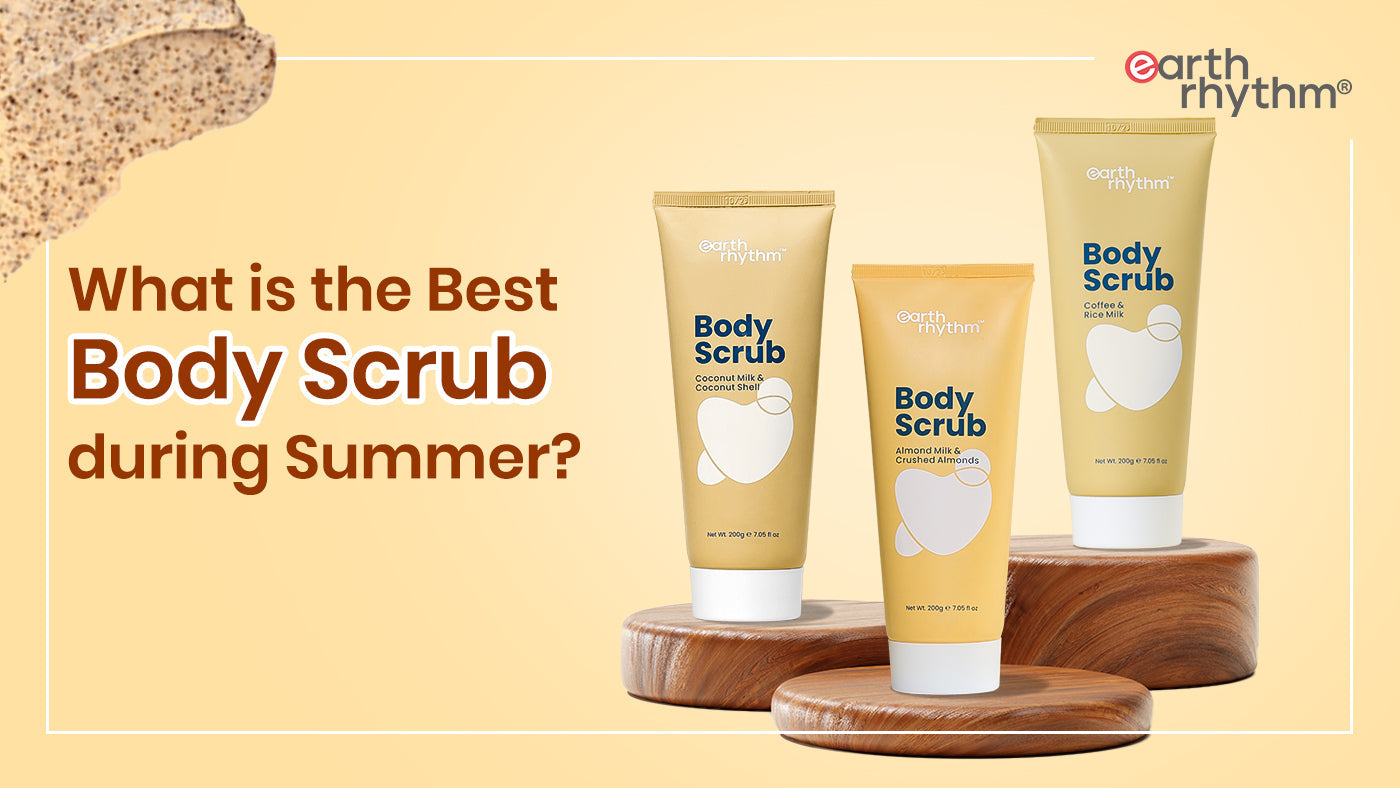
What is the best body scrub during summer?
What is the Best Body Scrub During Summer? When the sun is blazing and temperatures rise, your skin faces all kinds of challenges—sweat, oil, grime, and of course, sun exposure. All that heat and h...
Read more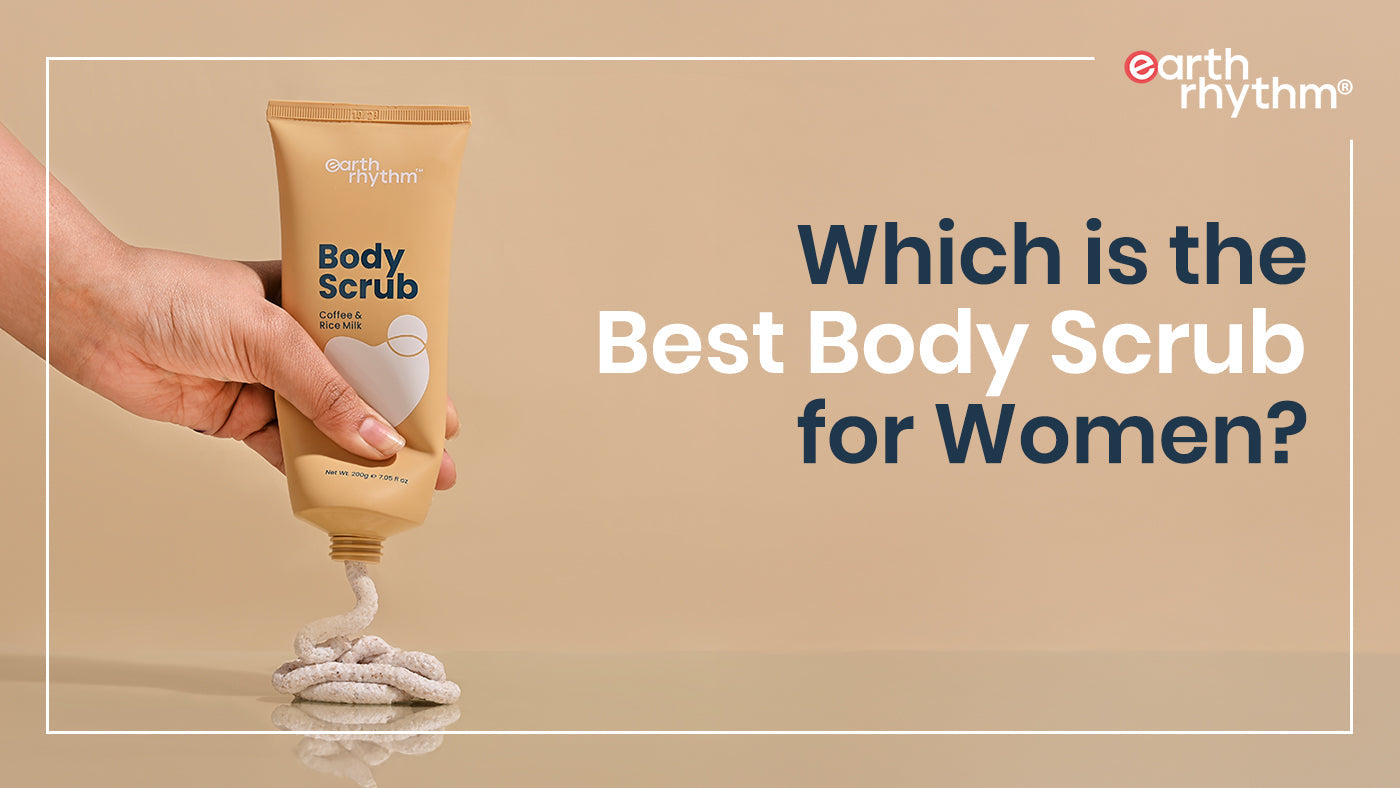
Which is the best body scrub for women?
The Best Body Scrub for Women: A Complete Guide If there’s one thing that can instantly transform your shower routine, it's a good body scrub. Not only does it slough away dead skin cells, but it a...
Read more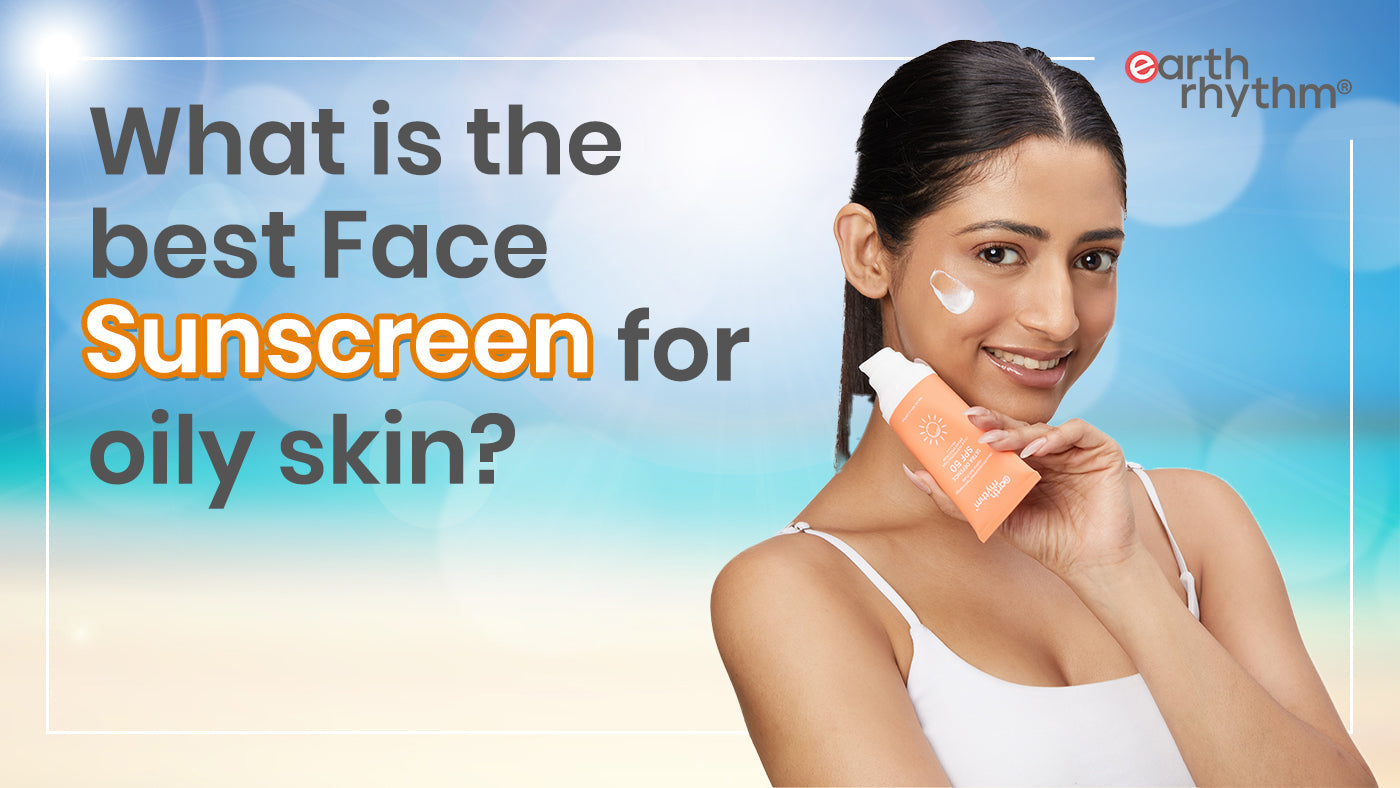
What are the best sunscreens for oily skin available in India?
Finding the perfect sunscreen for oily skin can be tricky. The last thing you want is a product that feels greasy, clogs pores, or causes breakouts. Thankfully, Earth Rhythm has created a lineup of...
Read more

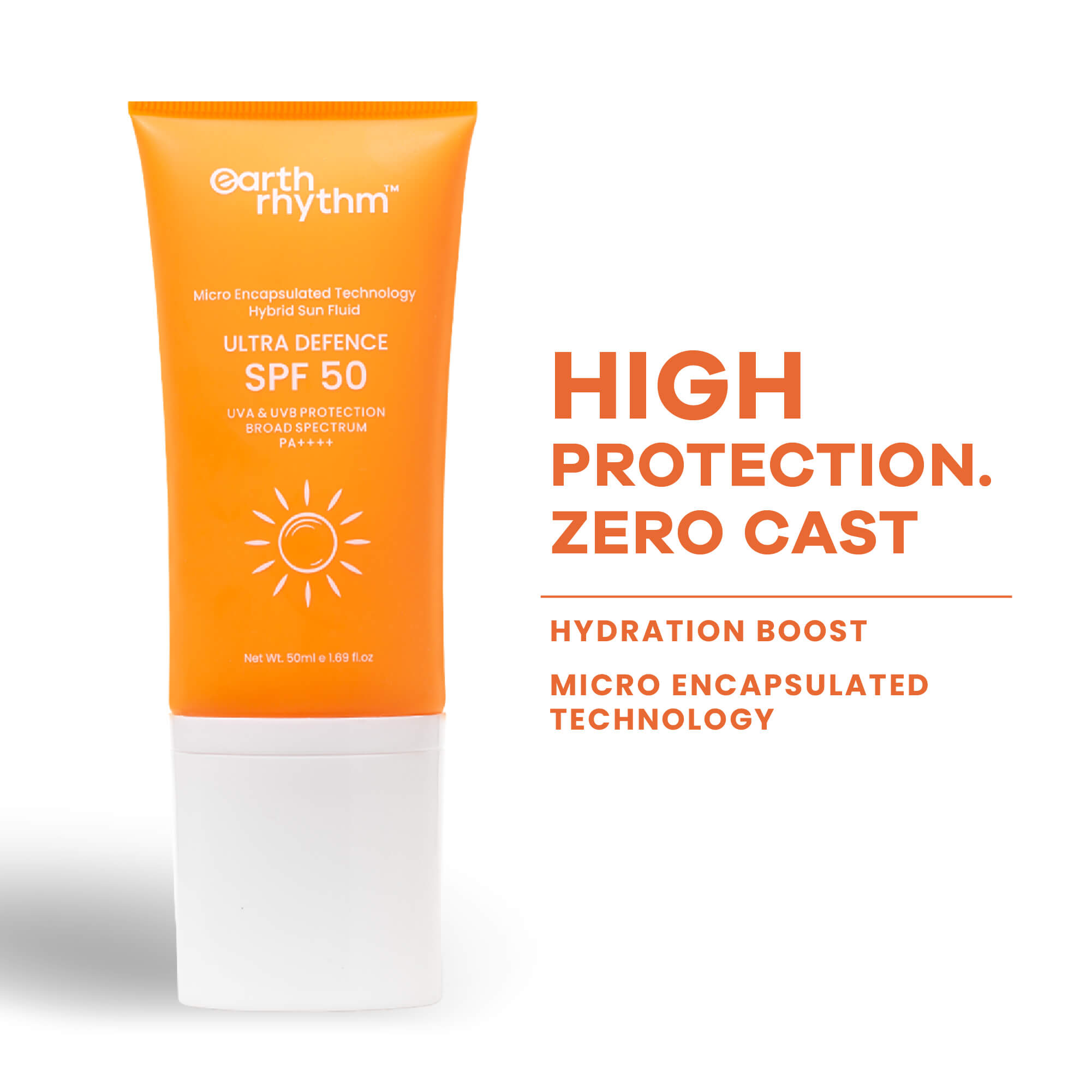
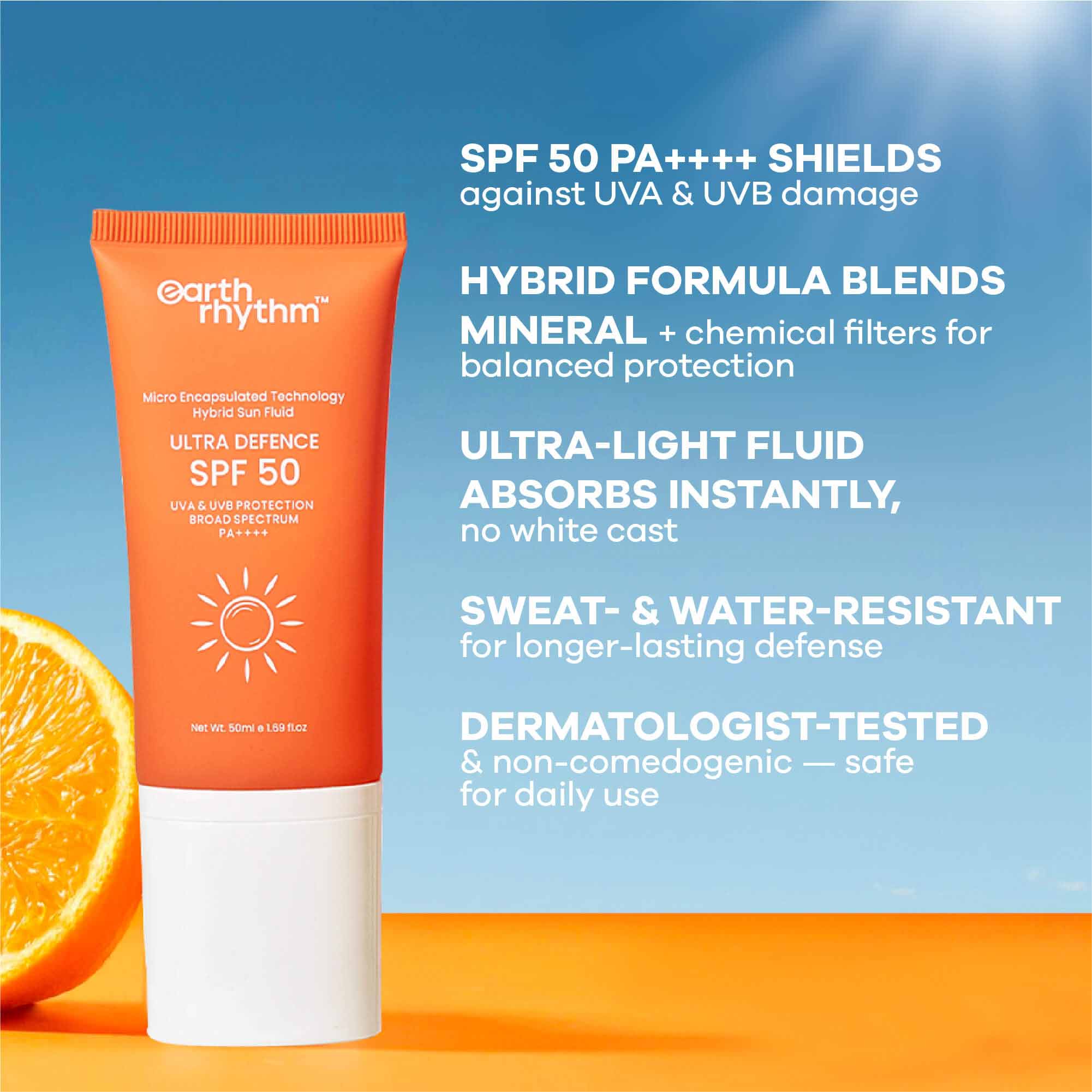
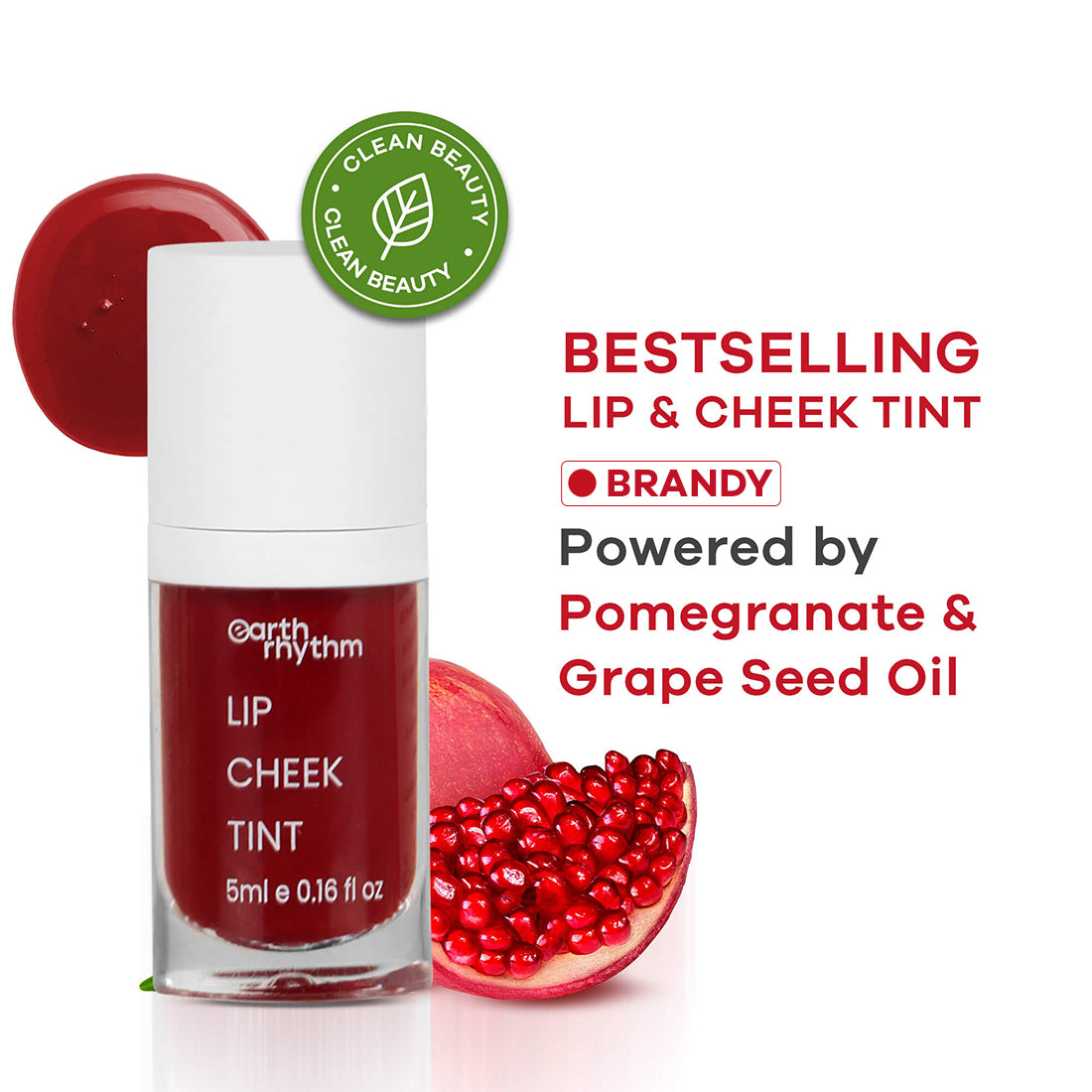
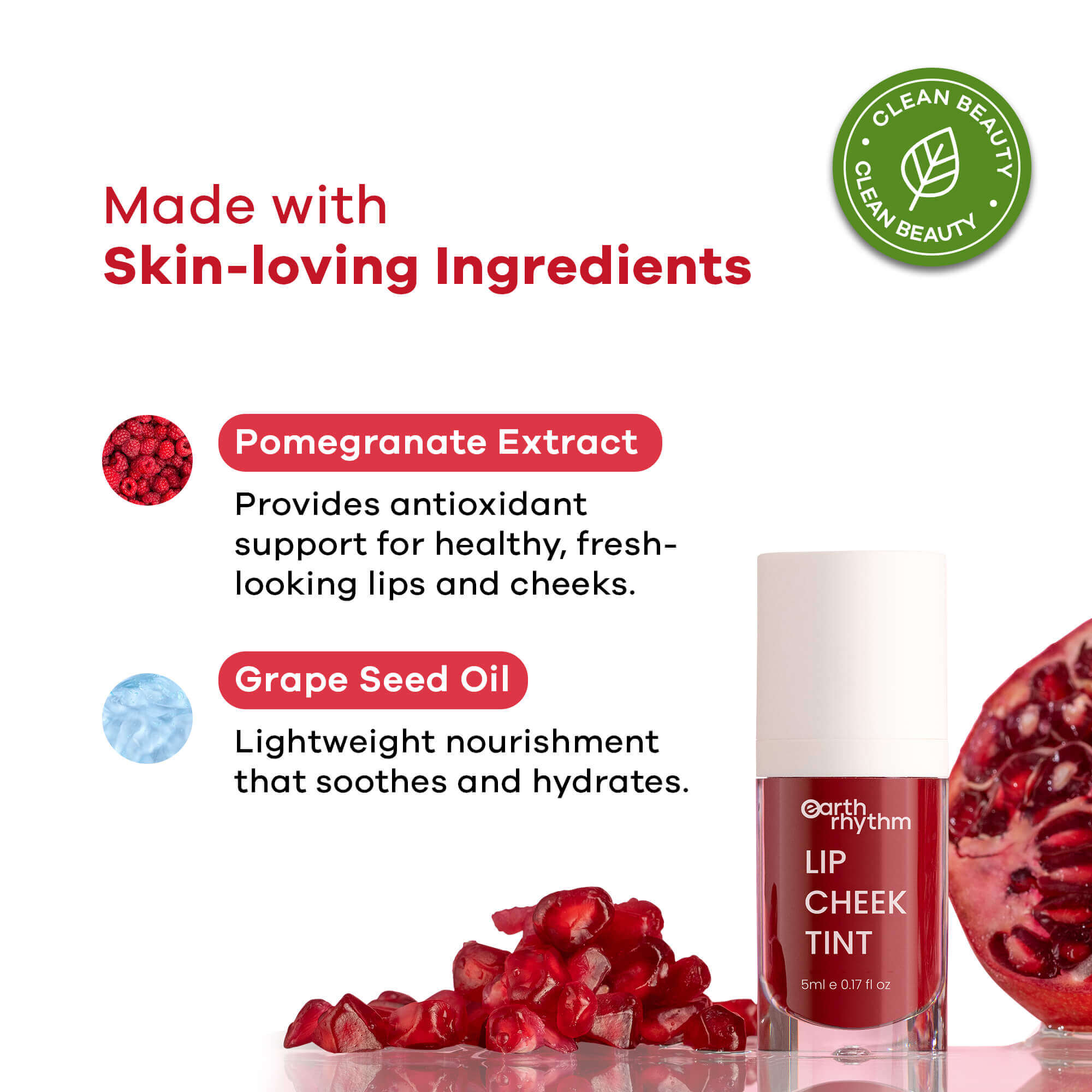



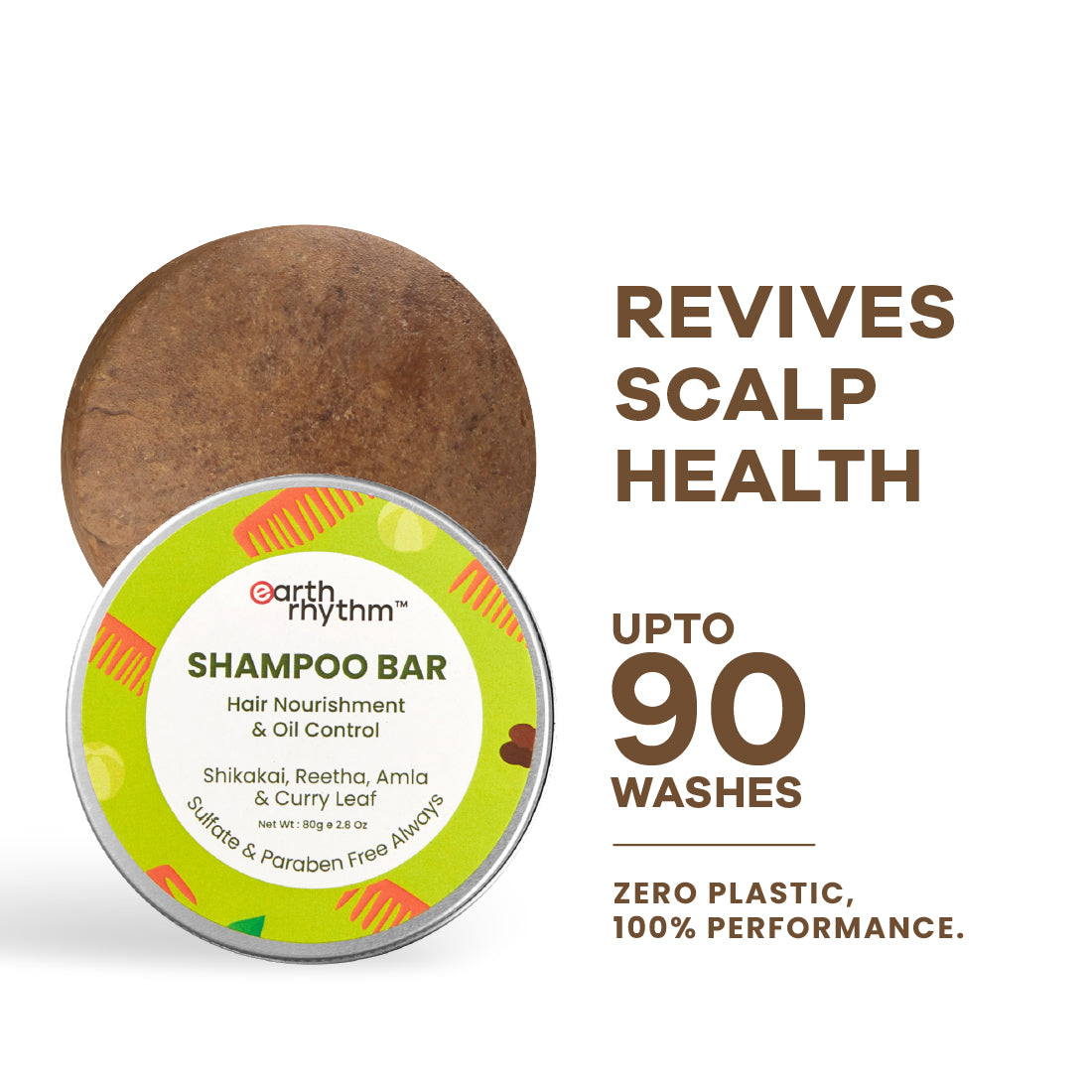
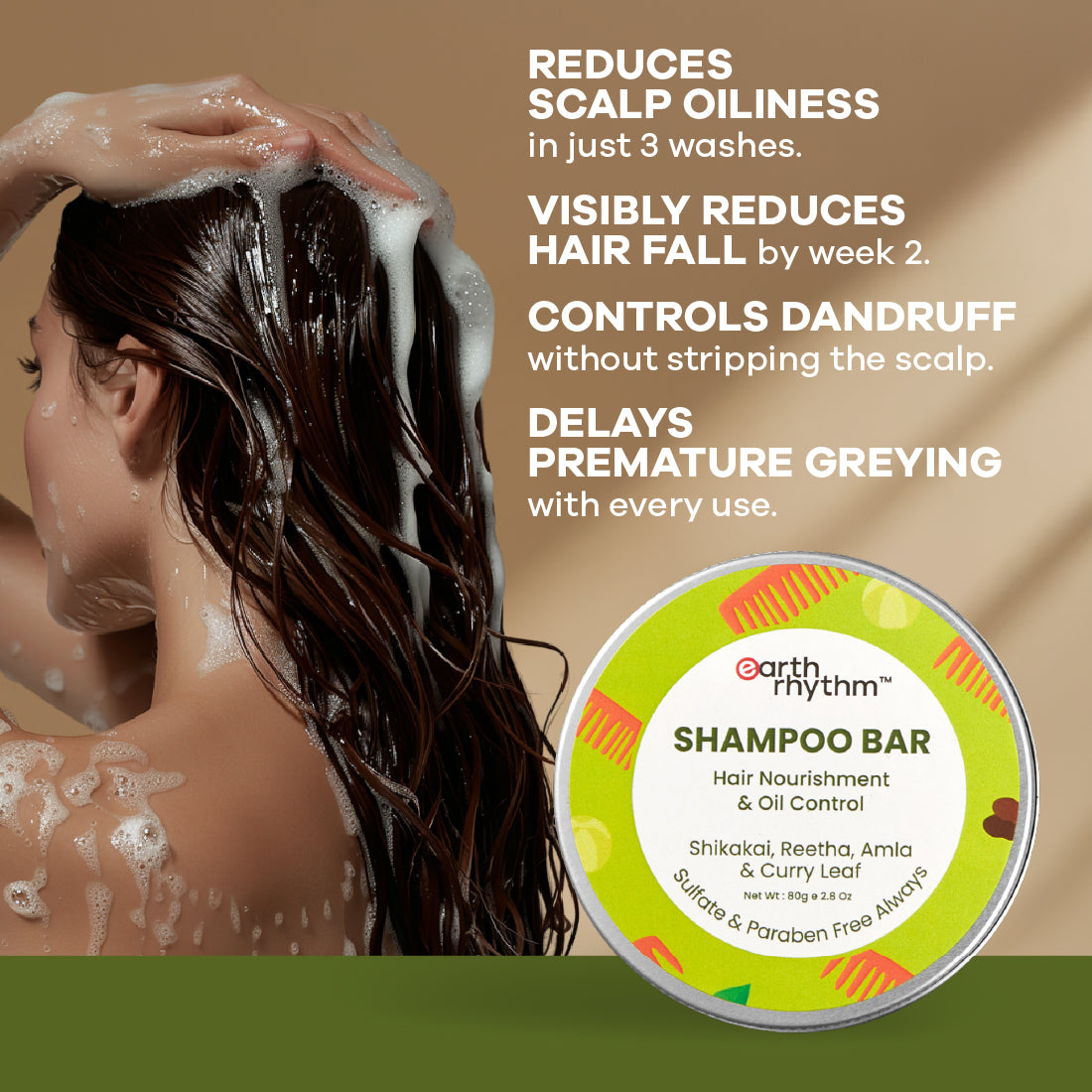
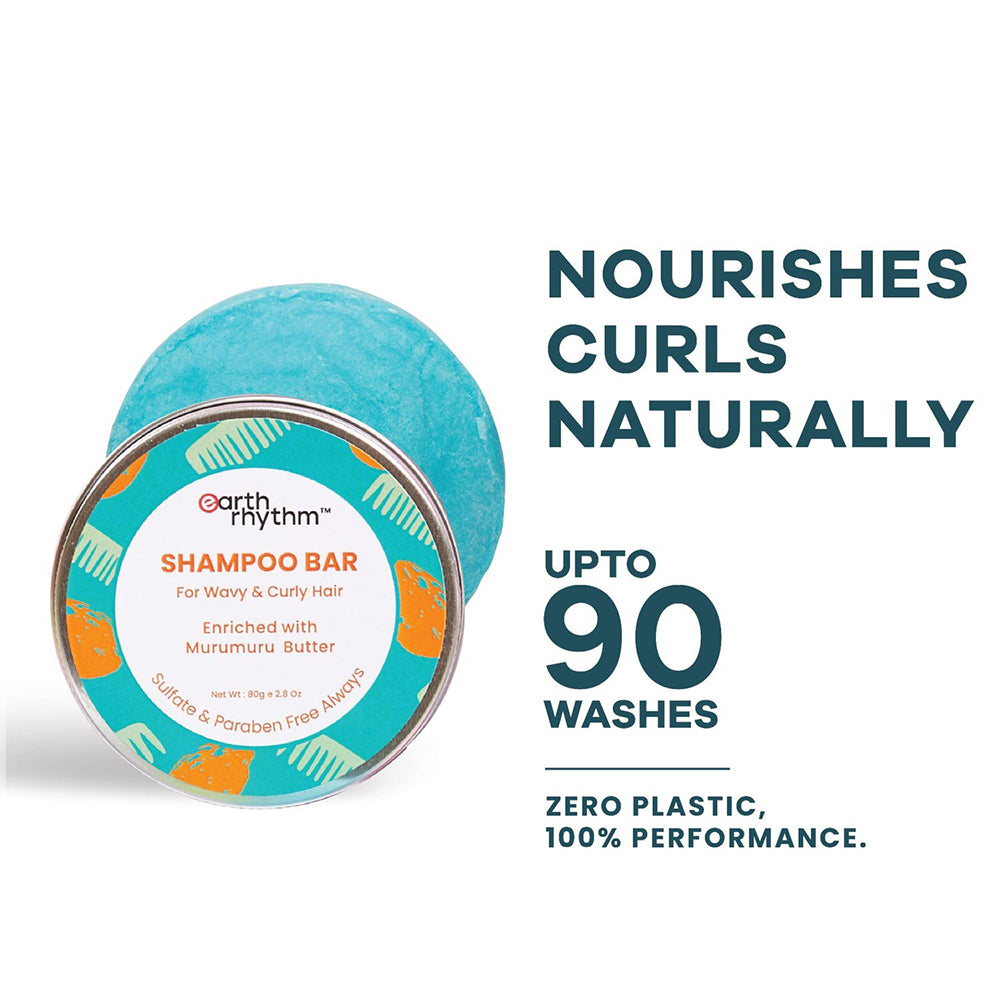
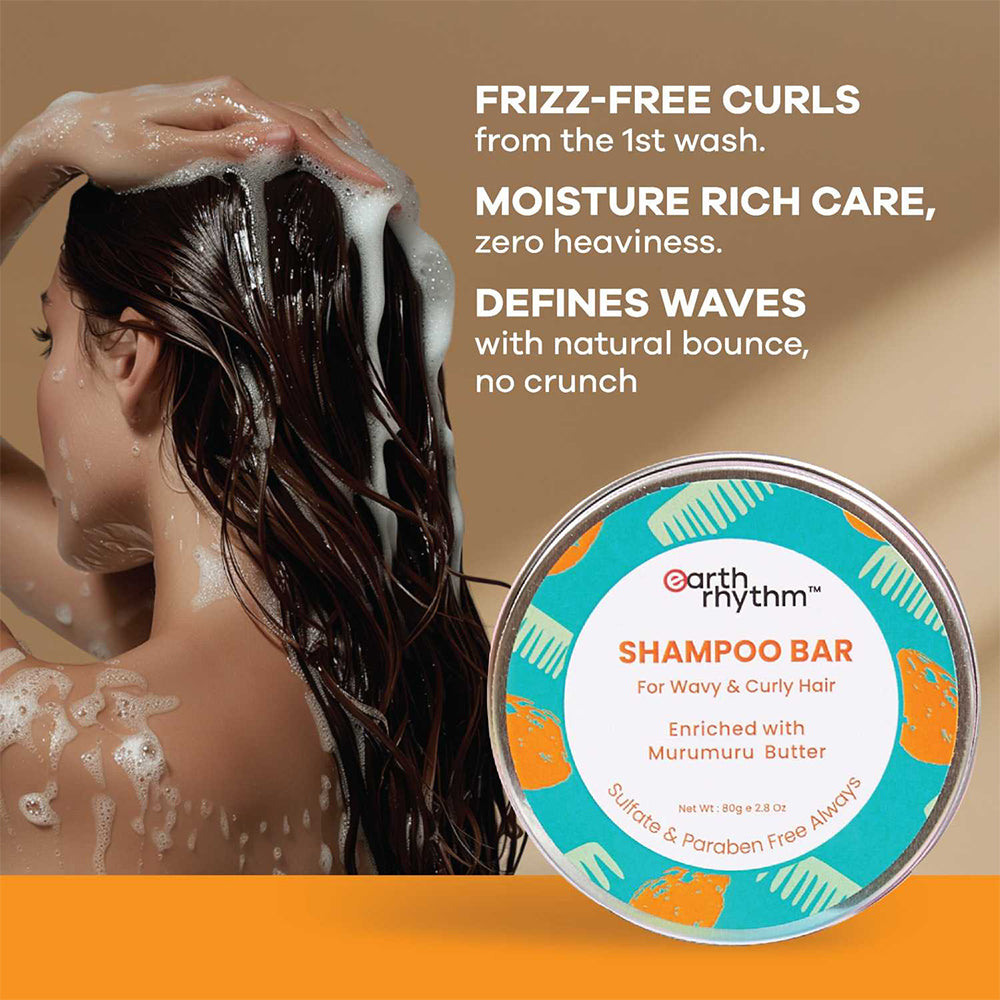


3 comments
Losing someone you love can be one of the most painful experiences, leaving your heart heavy and your mind full of questions. If you are looking to reunite with your ex or restore a broken connection, Dr Peter Spell Caster is here to help. As a trusted love spell caster, Dr Peter specializes in relationship healing, spiritual love guidance, and emotional bond restoration. Through his work, many people experience fast love results, often noticing emotional shifts, renewed communication, and signs of reconnection within just 48 hours. His approach focuses on love energy alignment and guiding two hearts back together naturally, without forcing outcomes. Dr Peter’s clients report feeling peace, clarity, and hope as they navigate the path to rekindled love. If you feel your heart is still connected to your ex and you want guidance on lost love solutions or reconnecting with your ex, Dr Peter offers confidential, compassionate support.
Reach Dr Peter here:
Email: drpeterspellcaster21@gmail. com
WhatsApp: +2348162247974
Website: drpeterspellcaster.wixsite.com/my-site-1
Maryam West
I was diagnosed with Hepatitis B four years ago. For over two years, I relied on antiviral medication and routine monitoring, but unfortunately, my symptoms and liver-related concerns continued to worry me. My energy levels dropped, and I often felt unwell and anxious about my health.
Last year, hoping for additional support, I decided to try a herbal treatment program from NaturePath Herbal Clinic. Honestly, I was skeptical at first, but within a few months, I began to feel some changes. My fatigue lessened, my digestion felt better, and overall I felt more balanced and healthier. I also regained much of my energy and confidence. It’s been a meaningful experience, and I feel more like myself again.If you or a loved one is dealing with Hepatitis B, you might consider exploring complementary approaches that feel right for you. This was simply my personal experience. You can visit their website or contact them at www.naturepathherbalclinic.com , info@naturepathherbalclinic.com
Gret
The theory that chemical SPF should be applied before moisturizer has been long disproven by countless studies. SPF should ALWAYS be the last step of your skincare products. As a company who manufactures and distributes directions for using these products, you should be more careful about spreading misinformation such as this.
kerodon
Leave a comment
This site is protected by hCaptcha and the hCaptcha Privacy Policy and Terms of Service apply.